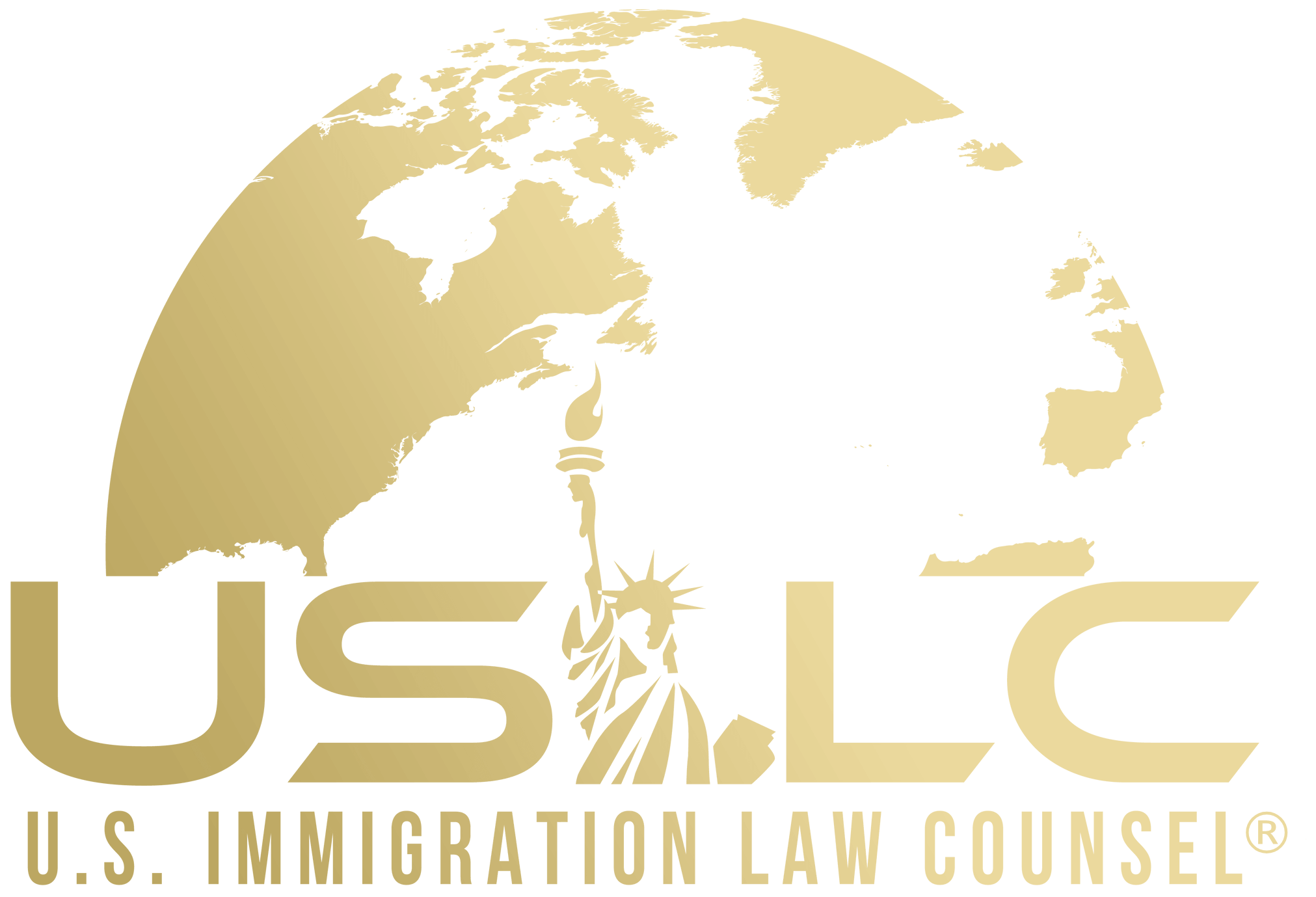You’ve always wanted to apply for citizenship, but the English and civics requirements have always intimidated you. You’re facing a medical issue – perhaps it’s physical or mental, or you have a learning disability – and you know that these tests will be extremely difficult for you.
Learn about how you may be able to get a medical exemption for applying for citizenship and why it’s important to contact a Florida immigration attorney today.
What Is the Medical Exemption for Citizenship?
Whether you have a physical or developmental disability or you have a mental impairment, you may not have to take the English and civics tests for your citizenship application. U.S. Citizenship and Immigration Services states that you could get out of these tests if you “are unable to comply due to a ‘medically determinable’ physical or developmental disability or mental impairment that has lasted, or is expected to last, at least 12 months.” So for the next year, if you’re going to have the same physical or developmental disability or mental impairment, you might meet the exception.
Note that if you are able to take these tests with reasonable accommodations, then you will need to. A reasonable accommodation might include working with a sign language interpreter if you’re deaf or being given more time to complete the test if you have a traumatic brain injury. But if you have a condition where you still can’t complete the test, then you can obtain the exemption.
Applying for the Medical Exemption
You can apply for the medical exemption by filling out the Application for Naturalization, Form N-400, and Form N-648. You will need to submit them together. You must also provide proof of your disability or impairment through “medically acceptable clinical or laboratory diagnostic techniques,” according to USCIS.
A licensed medical professional will have to certify your form. This could include a medical doctor, clinical psychologist, or doctor of osteopathy. They need to be licensed in practice in one of the following places: the United States, the District of Columbia, Puerto Rico, Guam, the Virgin Islands of the United States, or the Commonwealth of the Northern Mariana Islands. It’s important to find a licensed medical professional who can properly fill out the form. If they have experience doing it in the past, that’s ideal.
What If You Have a Learning Disability?
A learning disability could count as a mental impairment, and you might not have to take the tests. Recently, USCIS shortened Form N-648 from nine pages to five. It asks fewer questions and removes barriers for people with learning or mental impairments, making it easy for them to apply.
Working With an Immigration Attorney
If you work with an immigration attorney, they can help you fill out your forms and gather the information you need to prove you are disabled or impaired. You may not be able to; they can make the process much easier for you. Then, you can be well on the way to your path to citizenship in Florida and be able to achieve your dream of becoming a U.S. citizen.
Contact a Florida Immigration Attorney
Do you have questions about becoming a U.S. citizen with the assistance of an immigration attorney in Florida? Then contact U.S. Immigration Law Counsel® through our website or by calling 1-800-666-4996. We deal with the government so you don’t have to. We look forward to helping you at this time.





